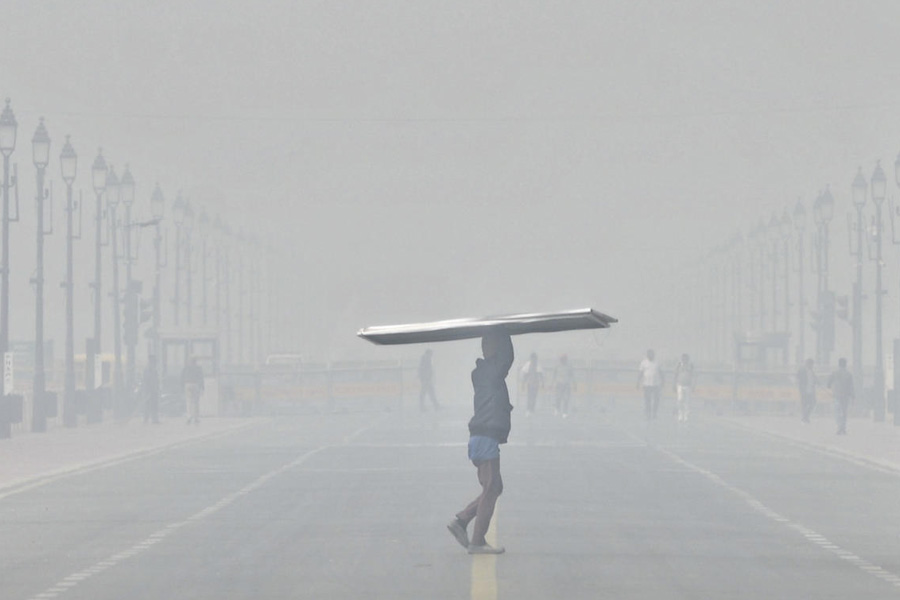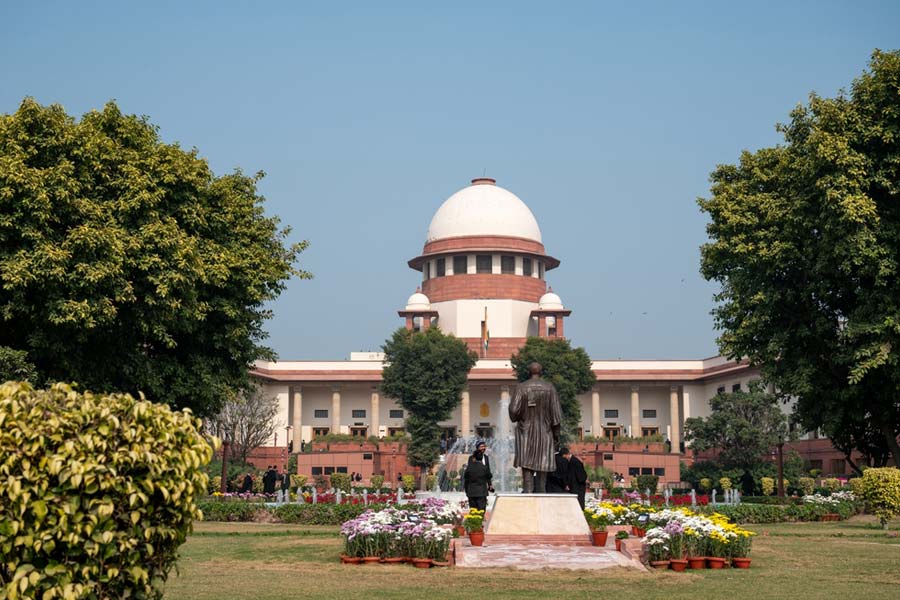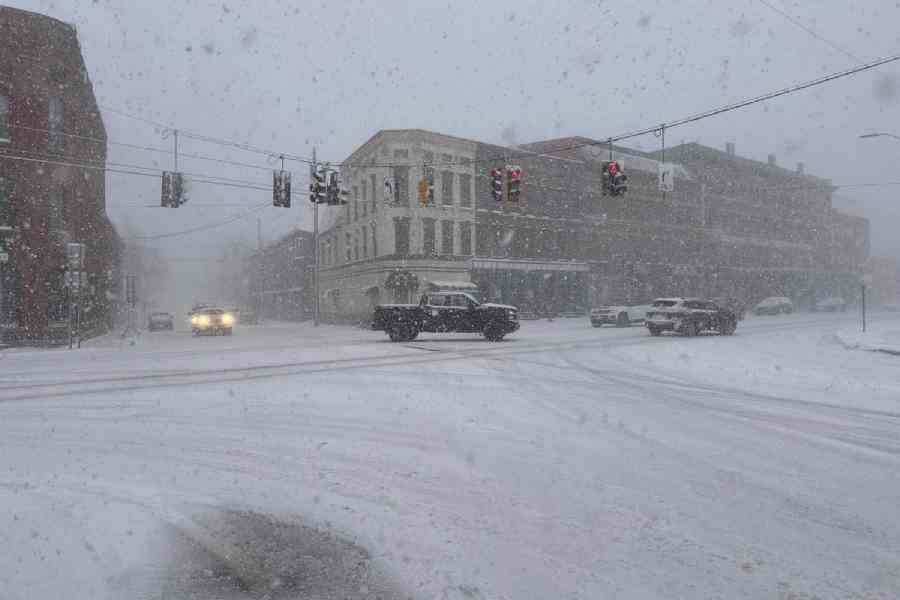The state pollution control board (PCB) has prepared a graded response action plan that recommends banning certain activities to arrest the fall in air quality, in line with a similar graded action plan in Delhi and the National Capital Region.
The graded plan for Bengal was discussed with the municipal corporations of Howrah and Calcutta on Monday.
The air quality in both cities has dropped with winter approaching.
Calcutta’s average air quality was “poor” and “moderate” on several days in November. Howrah’s was “very poor” and “poor” during the period.
The graded plan recommends that once the air quality drops to “poor”, the authorities must start sprinkling water on roads to control dust and enforce pollution control measures in industrial units and at construction sites.
The Kolkata Municipal Corporation (KMC) has been sprinkling water on roads to prevent resuspension of dust.
When the air quality is “very poor”, the use of diesel generators has to be banned and the frequency of public transport maximised.
A drop to “severe” will call for a shutdown of all construction activities (except those essential), brick kilns, hot mix plants and stone crushers.
Metro has a copy of the graded plan.
“The pollution control board has recommended the measures and we have to implement them,” said a KMC official who attended the meeting.
Monday’s meeting was chaired by Firhad Hakim, Calcutta’s mayor and the state’s urban development minister. “We have identified the presence of ‘vanos’ in some parts of New Town. These are highly polluting vehicles. I have asked police to seize all such vehicles,” Hakim said after the meeting.
“Vanos” refer to motorised locally-made three-wheelers that use a mix of polluting fuels. “The vanos run on a mixture of diesel, kerosene and machine oil used in industrial units. Their emissions are highly toxic,” said a PCB scientist.
Hakim said the police have been asked to stop the open burning of waste, another major source of air pollution.
Scientists working on air quality management said solid waste contains many plastic items. “The open burning of plastic releases highly toxic elements. These elements mix with the air we breathe,” said the scientist.
Sources said the Howrah Municipal Corporation (HMC) was invited to the meeting, held at the KMC headquarters, because the adverse air quality in Howrah impacts Calcutta, too.
“The wind blows from west to east during winter. Calcutta is to the east of Howrah. If the air quality in Howrah is bad, it will impact Calcutta,” said a scientist.
The chairperson of the HMC’s board of administrators, Sujoy Chakravarty, said: “There is some problem in north Howrah because of a lot of construction activity to lay water lines. We are sprinkling water on the roads to prevent resuspension of dust. Ghusuri has some problems, too, because there are a lot of industrial activities there.”
Bose Institute, whose help the KMC has sought to improve Calcutta’s air, has detailed ward-wise challenges and what needs to be done, Hakim said.
“We received the recommendations today (Monday). We will go through them and circulate them among all councillors so they know what steps to take to improve the air quality,” said Hakim.











